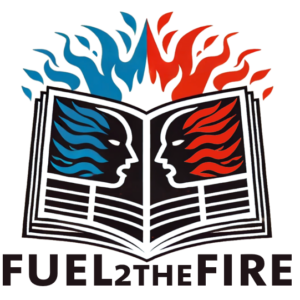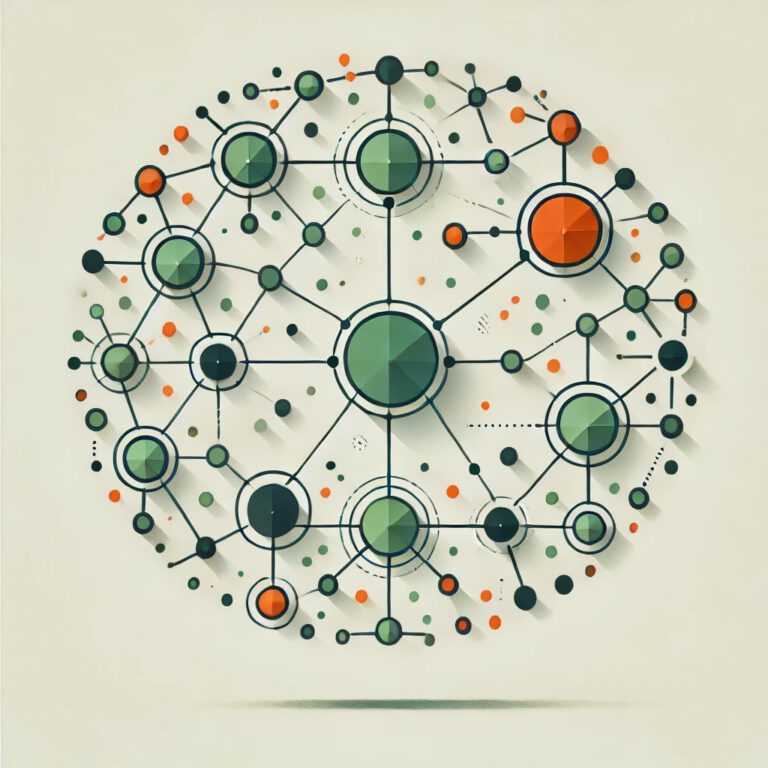|
Fuel2Fire
Increasing political polarization poses major challenges, even for stable democracies. Media coverage is often seen as a contributing factor to increased polarization. However, research on these relationships remains scarce and there is a lack of evidence-based recommendations for journalism to avoid fuelling polarization.
In the four-year project “Media and Polarization in Europe: How Journalism can Support Democratic Debates,” funded by the Volkswagen Foundation, we are therefore investigating how European editorial offices report on polarization and what effects this reporting can have on readers.
Together with our partners at the Universities of Lund, Barcelona, and Poznan as well as practitioners in all countries (coordinated by Netzwerk Recherche), we analyze whether and how journalistic practices contribute to a false perception of polarization. For this, we conduct content analyses of news articles, media impact experiments, workshops, and focus group discussions with journalists in all four countries. The results are discussed with the participating journalists and recommendations are formulated and tested directly in the field. The project's practical goal is to strengthen journalism's role as a balancing force in polarized debates.
Our international, comparative, multi-method project combines the expertise of researchers from different disciplines with the experience of journalists from leading news outlets. This transdisciplinary approach sheds light on the relationship between news coverage and processes of social division.
The project is led by the Chair of Climate Communication (Michael Brüggemann) at the University of Hamburg. Other grant applicants were project coordinator Mike Farjam (University of Hamburg), Anamaria Dutceac Segesten (Lund University), and Thomas Schnedler (Netzwerk Recherche). Also involved in the application and implementation of the project is Hendrik Meyer (University of Hamburg). Further project participants are Agnieszka Stępińska (University of Poznań), Laia Castro Herrero (University of Barcelona), and Louisa Pröschel (University of Hamburg).




